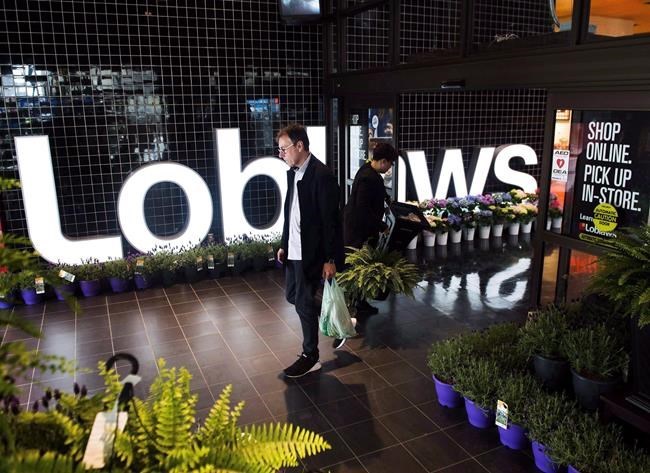Loblaw Companies Ltd. Sees "Outsized" Price Increases From Big Multinational Food Brands
Key Highlights :

Canada’s largest grocer, Loblaw Companies Ltd., has seen its product costs rise by nearly $1 billion so far this year — double the historic norm — as it continues to experience “outsized” price increases from big multinational food brands. The cost hikes appear to be out of sync with the commodity cost environment, and are contributing to elevated food inflation in Canada.
Loblaw chief financial officer Richard Dufresne said that while small- and medium-sized Canadian food suppliers appear to be “catching up on costs,” the price increases passed on by large food companies are “more concerning.”
“We are still seeing outsized cost increases rolling in from large, global consumer goods companies, exceeding what we expected at this point,” he said during a call with analysts.
Loblaw chairman and president Galen Weston said that the company decided to highlight the ongoing oversized price increases as it’s “one of the big drivers of cost inflation that we are seeing.”
“We are definitely seeing more inflationary cost pressure from the large multinational (consumer packaged goods companies) than we would have expected at this time based what’s happening in the commodity cost environment,” Weston said during the analyst call.
He added that Loblaw did not pass the full amount of cost inflation to customers, leading to food gross margin declines yet again this quarter. Sales of Loblaw’s in-house brands, President’s Choice and No Name, grew at more than twice the pace of the big national brands in the quarter.
Many big food makers with headquarters outside of Canada are continuing to pass along significant price increases to retailers. PepsiCo Inc., the company behind products like Tropicana orange juice and Lay’s chips, increased prices 16 per cent in its latest quarter, helping boost its profit by 18 per cent, it said last month. Unilever, which makes Dove soap and Hellmann’s mayonnaise, reported a 10.7 per cent increase in prices in the most recent quarter, while Nestlé raised prices by 9.8 per cent on products, which include Smarties and Perrier water.
Meanwhile, Statistics Canada reported last month that grocery prices were up 9.7 per cent on a year-over-year basis in March, down from 10.6 per cent in February. The deceleration was driven by lower prices for fruits and vegetables, the agency said. Economists have been expecting the rate of food price increases to gradually slow this spring as the rising cost for key inputs moderates through the supply chain.
Loblaw raised its dividend 10 per cent as it reported its first quarter earnings, saying it will now pay a quarterly dividend of 44.6 cents per share, up from 40.5 cents per share. The increase for shareholders came as Loblaw reported its profit amounted to $1.29 per diluted share for the quarter ended March 25, down from $1.30 per diluted share in the same quarter last year.
Food retail same-stores sales were up 3.1 per cent, while drug retail same-store sales increased by 7.4 per cent. On adjusted basis, Loblaw said it earned $1.55 per diluted share in its latest quarter, up from an adjusted profit of $1.36 per diluted share a year ago.
Loblaw Companies Ltd. is the largest grocer in Canada, and its experience with “outsized” price increases from big multinational food brands is an important indicator of the state of food inflation in the country. While small- and medium-sized Canadian food suppliers are “catching up on costs,” the price increases passed on by large food companies are “more concerning” and are contributing to elevated food inflation. Companies like PepsiCo Inc., Unilever, and Nestlé are all continuing to pass along significant price increases, leading to a 9.7 per cent year-over-year increase in grocery prices in March.
To address the issue, Loblaw is attempting to pass on only a portion of the cost inflation to customers, while also increasing its dividend to shareholders. This strategy appears to be paying off, as the company reported a profit of $418 million in its first quarter, and revenue for the 12-week period totalled nearly $13 billion. Loblaw's in-house brands, President's Choice and No Name, also saw sales growth of more than twice the rate of the big national brands in the quarter.
It remains to be seen how much longer Loblaw and other grocers in Canada will be able to absorb the “outsized” price increases from big multinational food brands, and what impact it will have on food inflation in the country.
